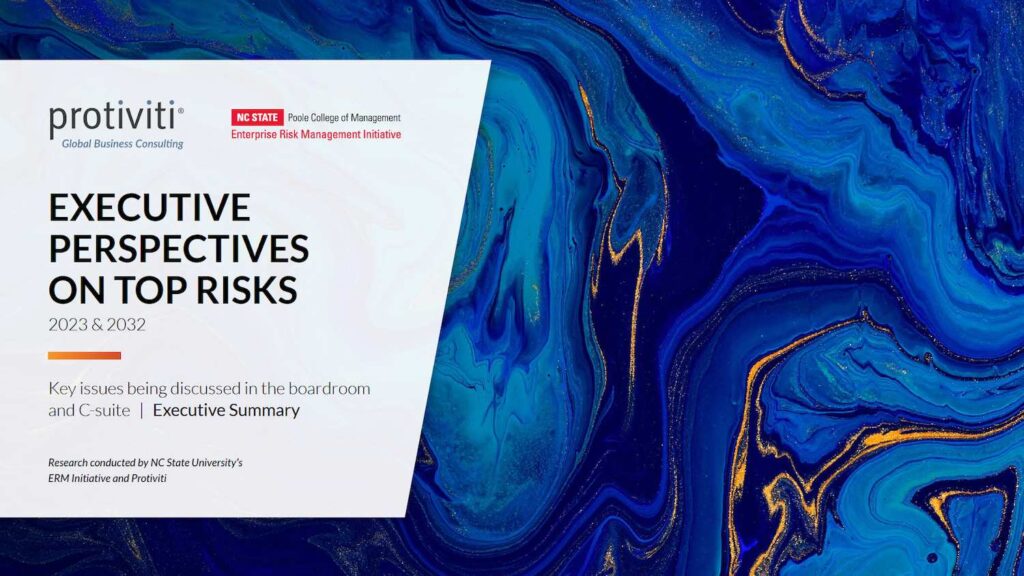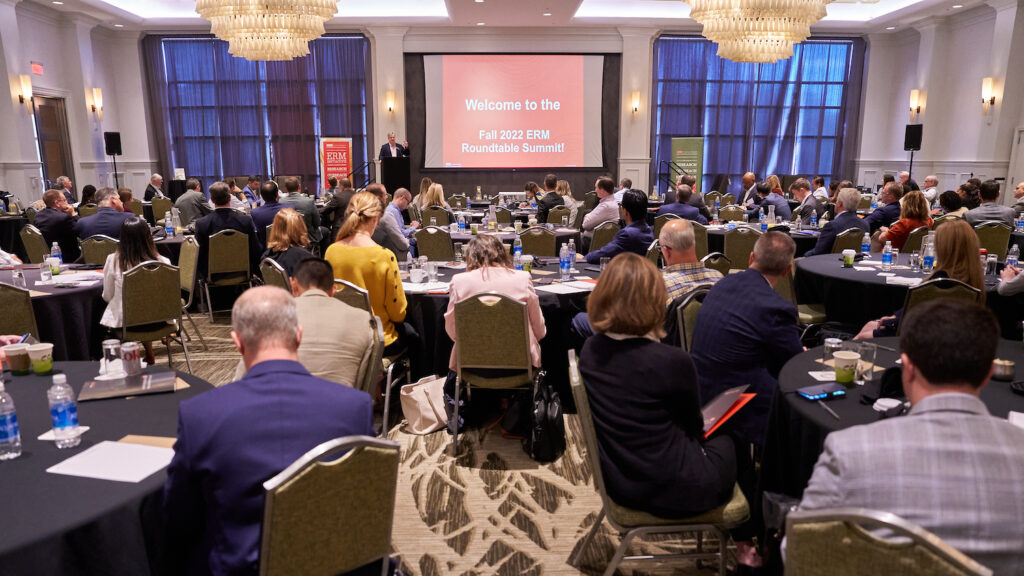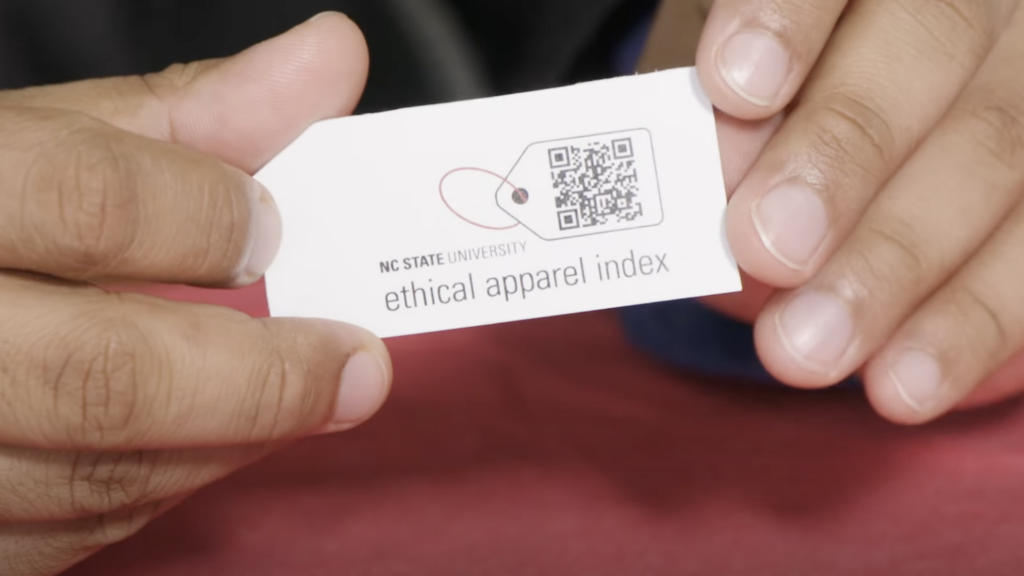Most Viewed Articles

1. What Gen Z and Millennials Want on Instagram vs. TikTok
Sept. 22, 2022
Recent reports show that approximately 40% of younger consumers now use TikTok and Instagram for their searches, increasing pressure on brands to reach Gen Z and Millennials on social media. But are all social platforms created equal when it comes to capturing this pivotal audience? Heather Dretsch, assistant professor of marketing, explains how important it is for brands to understand the consumer psychology driving current social media behavior when planning a social media presence and content.

2. What Does the Federal Reserve Interest Rate Increase Mean for Consumers and Businesses?
July 28, 2022
In July 2022, the Federal Reserve (Fed) raised interest rates by 0.75%. Compared to recent Fed rate changes, this is quite a large increase. Richard Warr, associate dean for faculty and research, takes a look at frequently asked questions about the Fed increase, interest rates and the downside of the Fed’s changes.

3. Student Loan Forgiveness and Tax Implications
Aug. 26, 2022
The Biden administration recently announced a multi-part plan to provide student loan repayment relief for working and middle-class Americans with student loan debt. The plan was designed to make student loan repayments less burdensome for certain taxpayers as the pandemic-related support expires. Poole College associate professors of accounting Nathan Goldman and Christina Lewellen provide insight into the student loan forgiveness component of the program.

4. Poole Accounting Professors Weigh in on Inflation Reduction Act
Sept. 1, 2022
On August 5, 2022, U.S. Senator Kyrsten Sinema (Ariz.) agreed to support the Inflation Reduction Act, allowing Democrats to pass the $750 billion act – a scaled-back version of the Build Back Better Act. President Biden signed the act into law on August 16. Poole College faculty members Don Pagach, professor of accounting and director of research for the Enterprise Risk Management Initiative, and Rob Whited, associate professor of accounting, critique these two tax changes, as well as one proposed tax issue that was removed from the final act as a condition of Sinema’s support.

5. Is the U.S. Going into a Recession? Poole Economics Professor Weighs in
Sept. 12, 2022
It was alarming in early August when quarterly U.S. gross domestic product (GDP) declined for the second time in 2022 – leading many Americans wondering: Is the U.S. headed into a recession? The concern only rose following the International Monetary Fund’s recent projections of world GDP, which showed a more ‘gloomy and more uncertain’ outlook. Poole College assistant professor of economics Ayse Dur explains what these indicators could mean when it comes to the likelihood of the United States experiencing its first significant recession since the subprime mortgage crisis led to the U.S. housing bubble collapse in 2007.

6. Nathan Goldman Weighs in on How Inflation May Impact Holiday Shopping, Provides Tips for Consumers
Nov. 29, 2022
Poole College’s Nathan Goldman, associate professor of accounting, provides expert insight into this year’s holiday shopping season. Goldman shares tips for shoppers on how to get around higher prices, consumer behavior and what holiday shopping will look like with inflation looming.

7. Rising Inflation as a Global and Domestic Phenomenon
Aug. 31, 2022
The pandemic induced great global uncertainty, posing substantial challenges to governments and policymakers in both containing COVID-19 and keeping economies on track. The U.S. economy has been no different. With both lives and livelihoods under impact, inflation was not the primary concern at the onset of the pandemic. Recently, however, with rising prices and costs, the Biden Administration announced that combatting U.S. inflation is their top domestic priority. Poole College assistant professor of economics Ayse Dur provides a deeper look into the impact of inflation both domestically and globally.

8. Disruption and Ongoing Economic Uncertainty Among Top Concerns of Global Business Leaders
Dec. 8, 2022
According to a new survey from Protiviti and NC State’s Enterprise Risk Management (ERM) Initiative, uncertainty in today’s marketplace is presenting both new and ongoing risks for executives and board members. Alongside talent, labor and culture-related risks, the survey also reveals that senior decision-makers remain concerned about broader macro risks such as the softening economy and the state of global supply chains.

9. ERM Initiative Bridges Risk and Strategy at In-Person ERM Roundtable Summit
Oct. 20, 2022
On Thursday, Oct. 6, NC State’s Enterprise Risk Management (ERM) Initiative hosted the fall installment of its biannual ERM Roundtable Summit. The first in-person gathering in three years, the event brought together more than 130 risk leaders from across the United States to network and learn best practices from ERM experts in industry and academia. Designed to cultivate thought leadership around emergent ERM issues, the event featured sessions on expanding ERM’s global perspective, navigating ransomware events, engaging executives in strategic risk management, engaging leadership across the enterprise in today’s remote and hybrid environments and the growing importance of ERM’s assessment of ESG and climate-related risk issues.

10. Rob Handfield Leading the Charge for Ethical Apparel
Aug. 25, 2022
After the horrific collapse of Rana Plaza, a garment factory in Bangladesh, in 2013, supply chain experts knew they needed to push for better working conditions for employees in supplier factories worldwide. Rob Handfield, professor of operations and supply chain management, and NC State alumnus Rejaul Hasan, PhD, took action to develop an innovation designed to promote the ethical production of apparel: the Ethical Apparel Index.
Top Media Hits
Rob Handfield, The Wall Street Journal. Dec. 15, 2022
Rob Handfield, professor of operations and supply chain management, explains how, since the pandemic, retailers have pressed suppliers to increase the production of items. Now, companies that have ordered large numbers of products have overstocked inventories and are now canceling supplier orders.
“Most companies over-expanded in 2022 and said, ‘OK we’re going to order more than we think we need, we think demand is going to continue to be high,’ and all of a sudden we had inflation, we had other shortages, and they were stuck with too much inventory,” said Handfield. “Then they’re telling their suppliers, ‘Oh, we overcommitted.’”
Rob Handfield, TODAY, Dec. 9, 2022
Rob Handfield, professor of operations and supply chain management, breaks down how data is helping manufacturers and stores keep popular products on the shelves this holiday season.
“In the past, they had lots of inventory but it was the wrong stuff,” said Handfield. “Today, what these new analytics are trying to do is have the right stuff that people are actually buying off the shelf.”
Roger Mayer, Leigh Shamblin, Paul Mulvey, Fast Company, Dec. 1, 2022
New findings from Roger Mayer, professor of leadership; Leigh Shamblin, director of leadership; Paul Mulvey, professor of human resource management; and James Peters, an NC State doctoral student, report that 81% of women who experience low encouragement are likely to leave their roles or companies in the next 12 months. This follows their recent work with InHerSight, an organization committed to finding better workplaces for women.
“I think the pandemic has really changed, for lack of a better word, the employee value proposition,” said Mulvey. “The value proposition shift could be because the pandemic’s volatile environment has significantly widened the gap between how much people need encouragement and how much they receive, but additional research would be needed to know for certain.”
Heather Dretsch, Forbes, Nov. 10, 2022
Heather Dretsch, assistant professor of marketing, explains through her research how organizations need to be relevant to a newer generation through social media.
“What this means is that Gen Zers are choosing to layer their social media time. They are intentional about where and when they choose to engage,” said Dretsch.
Christina Lewellen, The Seattle Times, Oct. 21, 2022
Christina Lewellen, associate professor of accounting, explains how the Governor DeSantis-led tax bill might save Disney millions of dollars while transferring the burden to taxpayers.
“They were trying to hurt Disney potentially and make their life more difficult, but yet in the end, from a monetary standpoint, they might end up better off,” said Lewellen.
Scott Showalter, EdNC, Oct. 17, 2022
Scott Showalter, director of the Jenkins MAC Program, spoke on the importance of increasing the number of women in STEM programs in institutions across North Carolina as well as designating accounting as a STEM field.
“A STEM designation makes programs more attractive to students and it makes students more attractive to employers, among other benefits,” said Showalter.
Nathan Goldman, Forbes, Oct. 7, 2022
With the corporate income tax at 2.5% in NC, Nathan Goldman, associate professor of accounting, sees an increase in business and employment opportunities in the state’s future.
“Businesses are going to want to now come to North Carolina even more so than they did before,” said Goldman.
Bruce Branson, Triangle Business Journal, Aug. 26, 2022
Bruce Branson, professor of accounting, shares that businesses are rewarded for promoting authenticity and accountability through implementing and achieving environmental, social and corporate governance goals.
“For many organizations it has become increasingly apparent that time spent on exploring how to become a more sustainable and socially responsible enterprise is just good business,” said Branson. “In return for this transparency and effort, businesses are rewarded with increased sales of their products and services and a more stable and invested workforce.”
Mehmet Caner, Phys.org, Aug. 12, 2022
Mehmet Caner, professor of economics, recently co-authored a study that illustrates the ability of machine learning to improve the Sharpe ratio which strengthens portfolio performance. Caner assisted with the development of an artificial intelligence (AI) program used in the financial sector to better manage assets and support financial decision-making.
“We set out to train an AI program to account for a wide variety of factors with the ultimate goal of achieving a specific Sharpe Ratio—and we did it,” said Caner. ” It’s important to note that there is no ‘correct’ Sharpe Ratio—it will vary depending on how much risk an investor is comfortable with. But we’ve been able to train our AI to achieve whatever Sharpe Ratio target you’ve established for your portfolio, over the course of 6-12 months.”
Tayah Butler, Maggie Merry, AACSB, Aug. 2, 2022
The AACSB’s 2022 Innovations that Inspire initiative features business schools across the globe that are change-makers in the diversity, equity, inclusion and belonging (DEIB) space. This year’s report emphasizes the undeniable connection between diversity and innovation and defines what it means to be a champion of diversity.
Poole College was highlighted for its commitment to developing culturally competent employees through the Poole Pack Development Series. Tayah Butler, assistant dean of diversity, equity and inclusion, and Maggie Merry, assistant dean of finance and administration, joined the Innovations that Inspire video series to share how institutions and business leaders can innovate for inclusion.
“The most authentic way to show the values for diversity, inclusion or belonging is to role model them,” said Butler. “The more we focus on equity and access, the more we are going to be compelled to innovate new ways to provide educational services, work together and educate new business leaders.”
- Categories:



